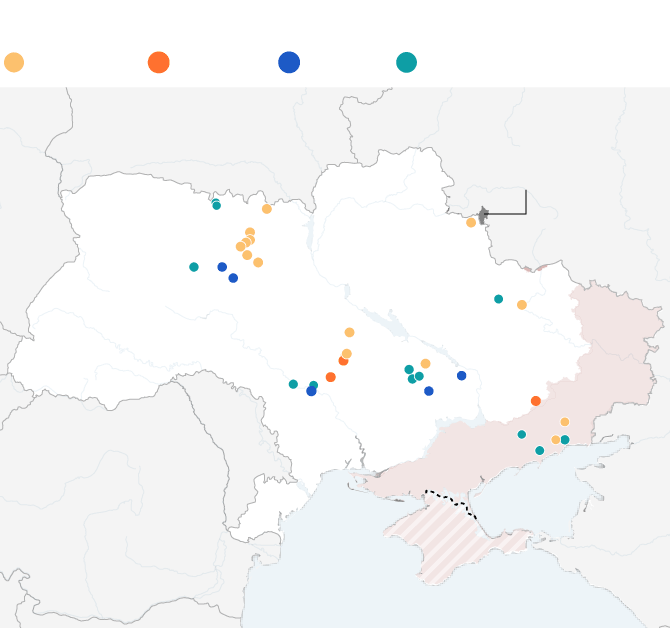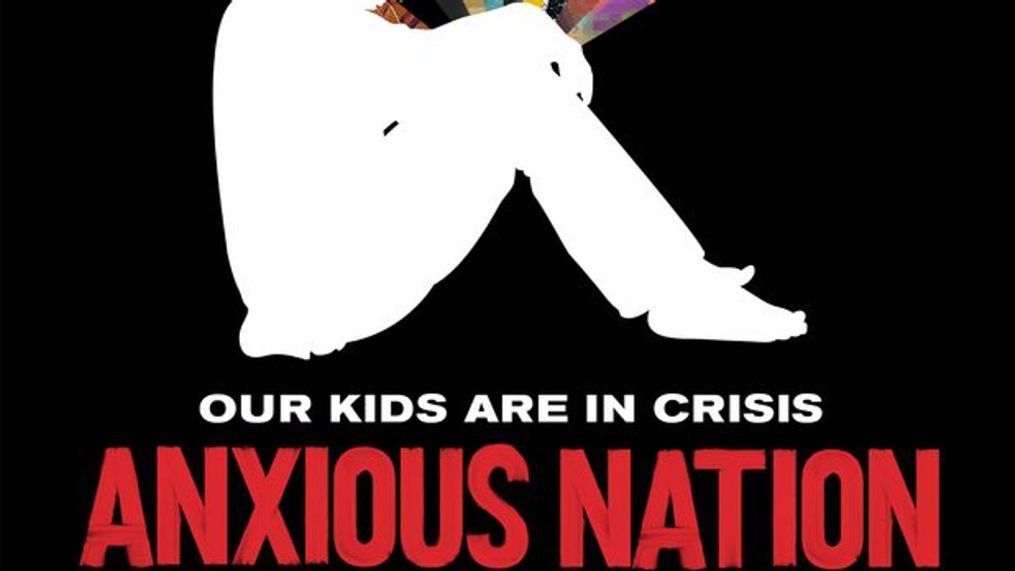Stigma, Cost, And Access: Why Mental Health Claims Remain Low

Table of Contents
The Persistent Stigma Surrounding Mental Illness
The pervasive stigma surrounding mental illness is a major obstacle to seeking help. Negative societal perceptions significantly impact individuals' willingness to acknowledge their struggles and seek professional support. Low mental health claims are directly correlated with the prevalence of this stigma.
Societal Attitudes and the Fear of Judgment
Negative societal attitudes create a climate of fear and judgment, deterring individuals from seeking mental healthcare. This fear manifests in various ways:
- Workplace discrimination: The fear of losing a job or facing career setbacks due to a mental health diagnosis is a significant deterrent.
- Social isolation: Individuals may fear judgment from friends, family, or colleagues, leading to isolation and a reluctance to disclose their struggles.
- Media representation: Often-inaccurate or stigmatizing portrayals of mental illness in the media perpetuate negative stereotypes and reinforce societal biases.
Statistics show a strong correlation between the experience of stigma and the likelihood of untreated mental illness. Many individuals avoid seeking help due to the fear of being labeled or discriminated against.
Internalized Stigma and Self-Blame
Individuals with mental health conditions may internalize these negative societal attitudes, leading to self-blame and a reluctance to seek professional assistance. This internalized stigma further contributes to low mental health claims.
- Symptoms of internalized stigma: Self-criticism, shame, secrecy, and avoidance of seeking help are common symptoms.
- Impact on treatment adherence: Internalized stigma can hinder treatment adherence, leading to poorer outcomes and a continuation of the cycle of suffering.
- Strategies for overcoming self-blame: Self-compassion, positive self-talk, and seeking support from understanding individuals are crucial strategies for overcoming internalized stigma.
Developing self-compassion and challenging negative self-talk are essential steps toward seeking help and improving mental wellbeing.
The High Cost of Mental Healthcare: A Major Barrier to Access
The high cost of mental healthcare presents a significant barrier to access, directly impacting the number of mental health claims filed. Many individuals simply cannot afford the services they need.
Financial Barriers and Insurance Coverage
The financial burden of mental healthcare is substantial. This includes:
- Therapy costs: The cost of therapy sessions can range widely, depending on the therapist's experience and location.
- Medication expenses: Prescription medications for mental health conditions can be expensive, even with insurance.
- Lack of adequate insurance coverage: Many insurance plans have limited coverage for mental healthcare, leading to high out-of-pocket costs. This disproportionately affects low-income individuals.
Telehealth options, while sometimes more affordable, may not be accessible to all.
The Impact of Out-of-Pocket Expenses
Even relatively small out-of-pocket expenses can deter individuals from seeking necessary treatment.
- Copays and deductibles: These expenses can be significant, especially for individuals with limited financial resources.
- Impact on treatment decisions: The cost of care often influences decisions about whether to seek treatment, the type of treatment sought, and the duration of treatment.
- Need for financial assistance programs: Expanding access to financial assistance programs is crucial to improve access to mental healthcare for low-income individuals.
Limited Access to Mental Healthcare Services: Geographic and Systemic Issues
Geographic limitations and systemic issues within the healthcare system further restrict access to mental healthcare, leading to lower mental health claims.
Geographic Barriers and the Shortage of Mental Health Professionals
An uneven distribution of mental health professionals creates significant geographic barriers.
- Shortage of mental health professionals: Many areas, particularly rural communities, experience a severe shortage of mental health professionals.
- Impact on access to care in underserved communities: This shortage leads to long wait times, limited availability of specialized services, and reduced access to care for individuals in underserved communities.
- The role of telehealth in bridging the gap: Telehealth has the potential to bridge geographical gaps, but access to reliable internet and technology remains a barrier for some.
Systemic Issues and Navigating the Healthcare System
Navigating the healthcare system to access mental health services can be complex and overwhelming.
- Navigating insurance processes: Understanding insurance coverage, filing claims, and dealing with insurance companies can be confusing and time-consuming.
- Finding qualified providers: Locating a qualified mental health professional who is a good fit for an individual’s needs can be challenging.
- Long wait times for appointments: Long wait times for appointments can exacerbate mental health concerns and discourage individuals from seeking help.
- Lack of culturally competent care: Access to culturally competent care is crucial, but not always available, leading to potential barriers for certain populations.
Conclusion
The persistently low number of mental health claims is a direct result of the intertwined challenges of stigma, cost, and access. Addressing these barriers requires a multifaceted approach. Don't let stigma, cost, or access prevent you from seeking the mental healthcare you deserve. Learn more about available resources and take the first step towards improved mental wellbeing. Let's work together to break down the barriers to mental healthcare access. Contact your representatives to advocate for better mental health policies and support organizations fighting to increase access to affordable care. Increasing mental health claims requires a concerted effort to improve mental healthcare access for everyone.

Featured Posts
-
 School Desegregation Order Terminated A Turning Point
May 03, 2025
School Desegregation Order Terminated A Turning Point
May 03, 2025 -
 Rare Earth Minerals Ukraine And The U S Announce Key Economic Deal
May 03, 2025
Rare Earth Minerals Ukraine And The U S Announce Key Economic Deal
May 03, 2025 -
 Addressing The Urgent Mental Health Crisis Among Canadian Youth Lessons Learned Globally
May 03, 2025
Addressing The Urgent Mental Health Crisis Among Canadian Youth Lessons Learned Globally
May 03, 2025 -
 Rashford To Aston Villa Souness Weighs In
May 03, 2025
Rashford To Aston Villa Souness Weighs In
May 03, 2025 -
 Abu Jinapor On Npps 2024 Election Loss Unexpected Setback And Challenges Ahead
May 03, 2025
Abu Jinapor On Npps 2024 Election Loss Unexpected Setback And Challenges Ahead
May 03, 2025
Latest Posts
-
 Joseph Tf 1 Analyse De La Serie Policiere La Creme De La Crim
May 03, 2025
Joseph Tf 1 Analyse De La Serie Policiere La Creme De La Crim
May 03, 2025 -
 Joseph Tf 1 Decryptage De La Serie La Creme De La Crim
May 03, 2025
Joseph Tf 1 Decryptage De La Serie La Creme De La Crim
May 03, 2025 -
 Lucien Jean Baptiste Dans Joseph Une Serie Policiere A La Hauteur
May 03, 2025
Lucien Jean Baptiste Dans Joseph Une Serie Policiere A La Hauteur
May 03, 2025 -
 Joseph La Nouvelle Serie De Tf 1 Vaut Elle Le Detour
May 03, 2025
Joseph La Nouvelle Serie De Tf 1 Vaut Elle Le Detour
May 03, 2025 -
 Serie Joseph Tf 1 Critique Et Analyse De La Nouvelle Serie Policiere
May 03, 2025
Serie Joseph Tf 1 Critique Et Analyse De La Nouvelle Serie Policiere
May 03, 2025
